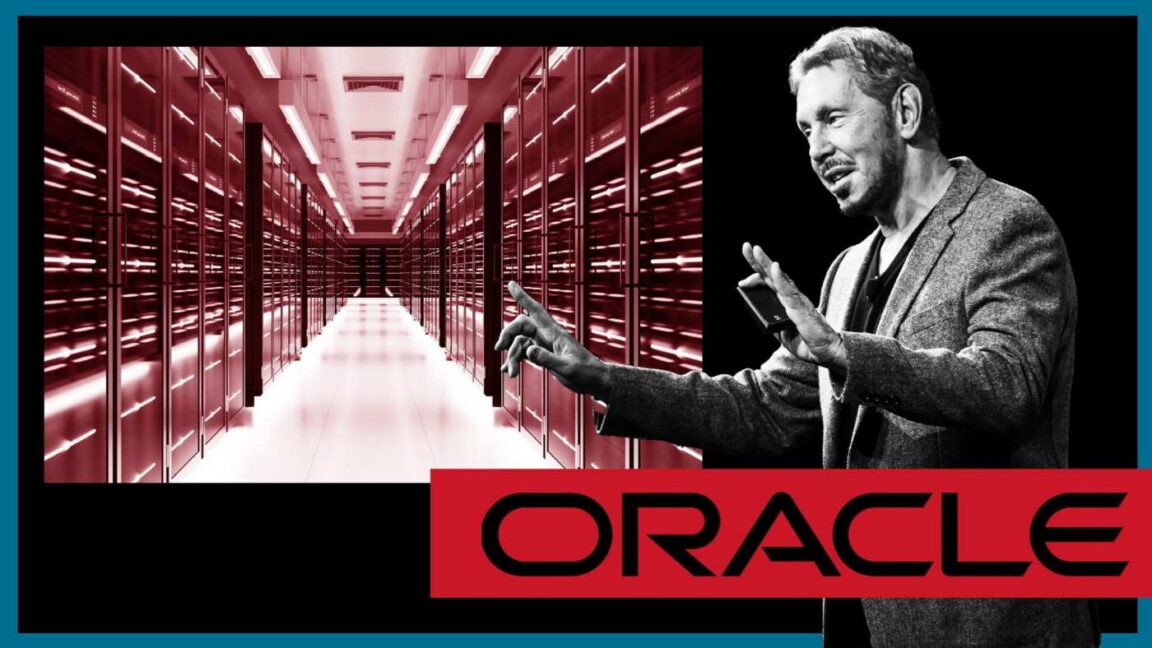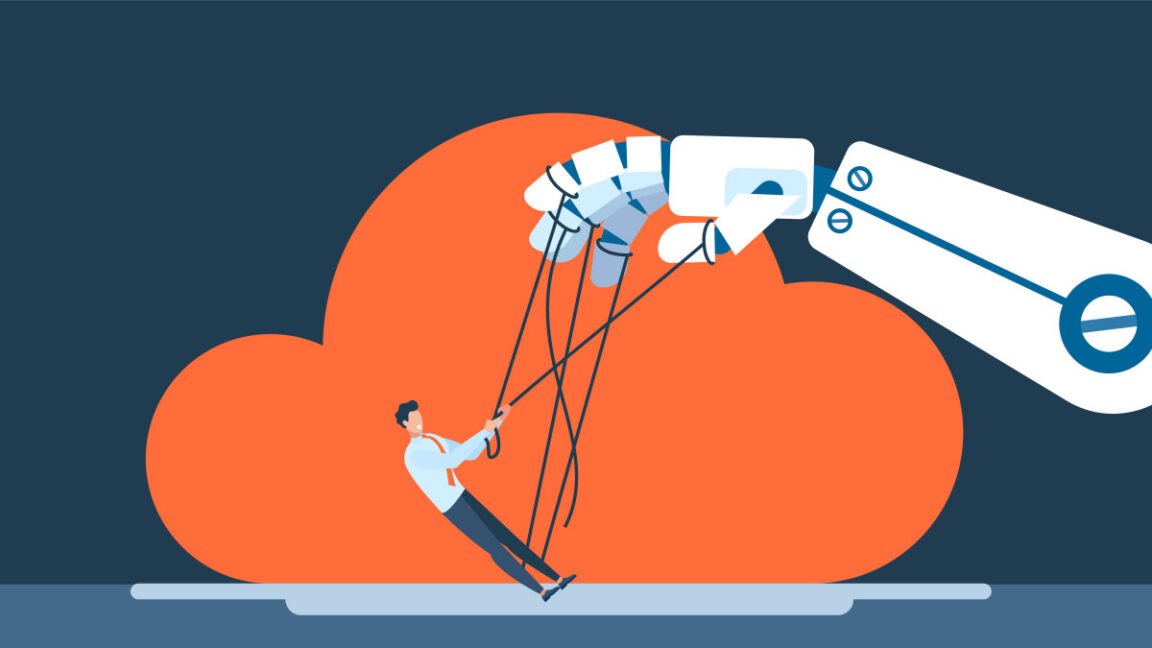Introduction to Oracle’s Financial Situation
Oracle, a major tech company, is facing financial concerns due to its significant investments in AI infrastructure. The company has committed to spending $1.4 trillion over the next eight years, which has raised questions about its ability to meet its financial obligations.
Concerns Over Oracle’s Largest Customer
Oracle’s largest customer is OpenAI, a venture capital-funded start-up. This poses a huge liability and credit risk for Oracle, as OpenAI’s financial stability is not guaranteed. Andrew Chang, a director at S&P Global, expressed concerns about Oracle’s reliance on OpenAI, stating that it is a significant risk for the company.
Financial Comparison with Other Tech Giants
Oracle’s financial situation is particularly concerning when compared to other major tech companies. The company has a debt-to-equity ratio of 500%, which is significantly higher than its competitors, such as Amazon and Microsoft. Additionally, Oracle’s cash-to-assets ratio is the lowest among the five major hyperscalers, which includes Amazon, Google, Microsoft, and Meta.
Aggressive AI Build-out Ambitions
Oracle’s aggressive AI build-out ambitions have put a strain on its investment-grade balance sheet. JPMorgan analysts noted a "tension between [Oracle’s] aggressive AI build-out ambitions and the limits of its investment-grade balance sheet." This has raised concerns about Oracle’s ability to meet its financial obligations and invest in its AI infrastructure.
Data Center Leases and Contracts
Oracle has signed several long-term lease agreements for US data centers that will be used by OpenAI, resulting in $100 billion of off-balance-sheet lease commitments. However, the company’s contracts to sell capacity to OpenAI are much shorter than the lease agreements, which has raised concerns about Oracle’s ability to meet its financial obligations.
Leadership Changes and Stock Sales
Safra Catz, Oracle’s former CEO, resisted expanding the company’s cloud business due to the vast expenses required. She was replaced by co-CEOs Clay Magouyrk and Mike Sicilia as part of the company’s pivot to a new era focused on AI. Catz has since exercised stock options and sold $2.5 billion of Oracle shares this year, according to US regulatory filings.
Conclusion
Oracle’s financial situation is a cause for concern, particularly due to its significant investments in AI infrastructure and its reliance on OpenAI as its largest customer. The company’s debt-to-equity ratio and cash-to-assets ratio are significantly higher and lower than its competitors, respectively. While Oracle is pushing forward with its AI ambitions, it remains to be seen whether the company can meet its financial obligations and achieve its goals.
FAQs
- What is Oracle’s largest customer?
Oracle’s largest customer is OpenAI, a venture capital-funded start-up. - How much has Oracle committed to spending on AI infrastructure?
Oracle has committed to spending $1.4 trillion on AI infrastructure over the next eight years. - What is Oracle’s debt-to-equity ratio?
Oracle’s debt-to-equity ratio is 500%, which is significantly higher than its competitors. - Who is Oracle’s current CEO?
Oracle is currently led by co-CEOs Clay Magouyrk and Mike Sicilia. - How much has Safra Catz sold in Oracle shares this year?
Safra Catz has sold $2.5 billion of Oracle shares this year, according to US regulatory filings.










